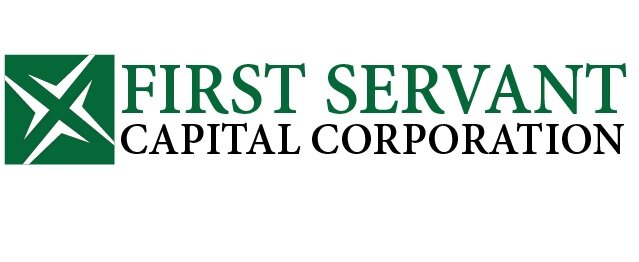Fair Market Value v. Transaction Value
Many clients’ desire fair market value (FMV) for the sale of their business, some even go as far as getting an independent valuation to determine their minimum sales price. However, there is a problem with this approach, there is no such thing as the “right” FMV. What happens if the FMV determination is less than the transaction value, the vendor will sell too low. If FMV is higher than transaction value, the company will not sell. Both situations are YBAWS!
FMV is a notional value utilizing professional standards under a set of assumed assumptions. When there is no actual sale, we try to determine what number an actual sale would bring. The professional standards are the good news, the self-selected list of assumptions is where the danger is found. This is where you can have 3 appraisers/valuators in a room and get 5 FMV determinations. As the assumptions shift, so does the value.
FMV is a high-level approach the focuses on the economy, industry, competition, and a general set of company risk factors. The use of comparables and market data is used aggressively to come to the FMV value determination. There is nothing wrong with this when used for litigation, estate purposes or whatever other reason where FMV is preferred or legally required. However, when you need to know how much cash will be in your pocket when you sell your business. The notional FMV determination may fall short of your expectations.
Look at the FMV definition:
The highest price obtainable in an open and unrestricted market, between informed and prudent parties acting at arm's length and under no compulsion to act, expressed in terms of money or money's worth.
Rarely does this scenario ever exist. In fact, this disclaimer is found in many valuation reports warning that price may not equal value. Here is an excerpt:
Price Versus Value
Value in the notional marketplace can be differentiated from the concept of price established in the open marketplace. There can be many prices for a particular business or asset. The actual price at which a sale takes place may be higher or lower than notional FMV due to many factors, including different purchasers' negotiating strengths and industry knowledge, differing risk assessments, structure of the transaction, post-acquisition synergies and non-economic considerations.
Only when a business interest is actually exposed for sale can the price and the above referred to factors be quantified with any degree of certainty. I have not exposed the shares of Your Company for sale in the marketplace and therefore have not attempted to quantify or adjust any of the FMV principles that may or may not exist in any potential sale of Your Company at this time.
On this basis, I am of the view that a notional FMV should be determined and considered appropriate for this Report.
When you are selling your business, you don’t need a FMV determination, you need a transactional determination. Now this can and probably should start with FMV but a transaction value drills deeper into the corporate risk of the company being sold. In doing so, you are provided with expert advice on your preparedness for sale and where the areas of improvement are to maximize the sales price. Well worth the extra effort and cost, if additional cost at all.
In my book, YBAWS! there is a thorough analysis on this discussion. You also find out how to get far in excess of any FMV for the sale of your business.
If you have any comments on the difference between FMV and Transactional value, many people need to hear your thoughts.

